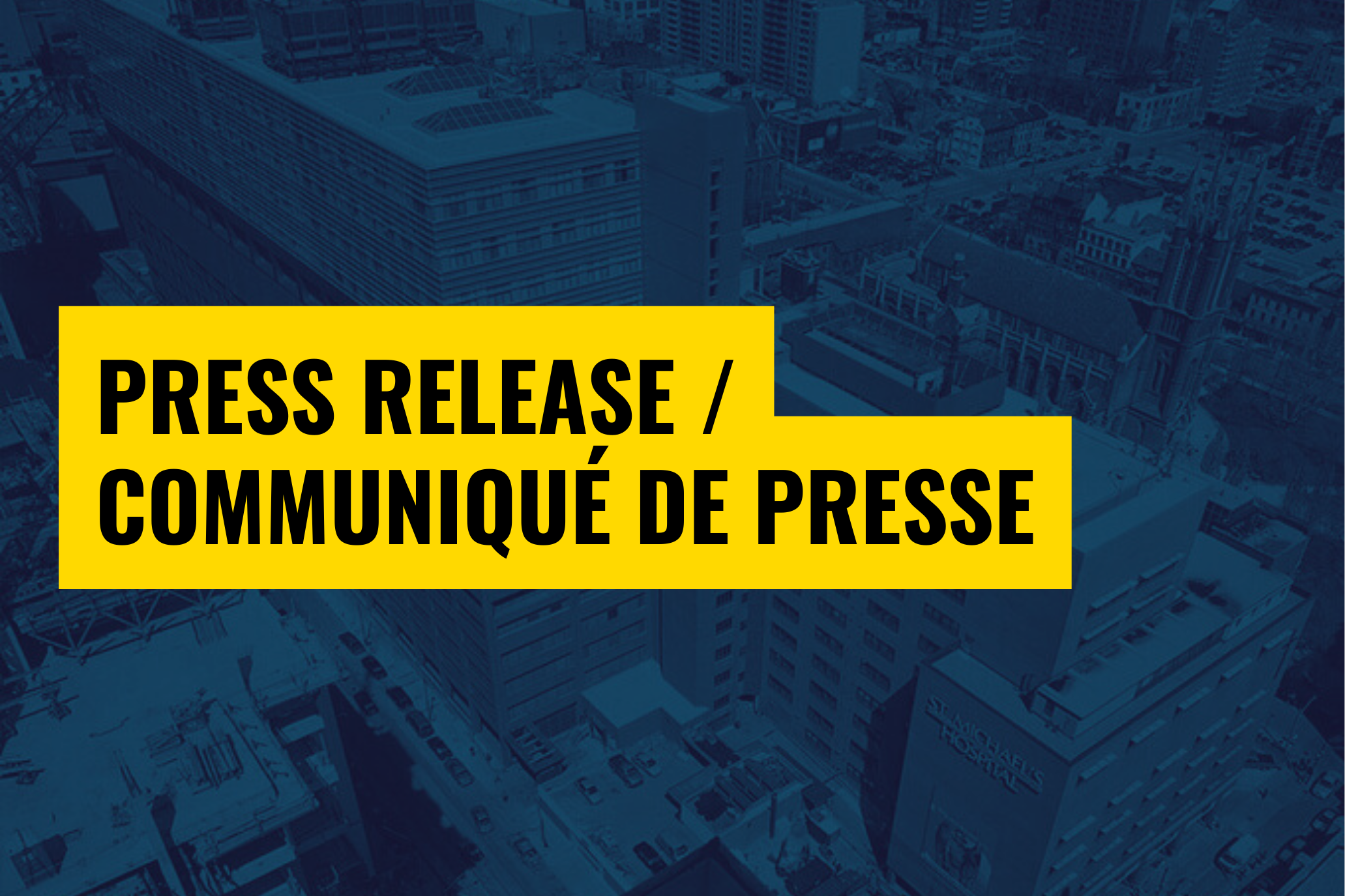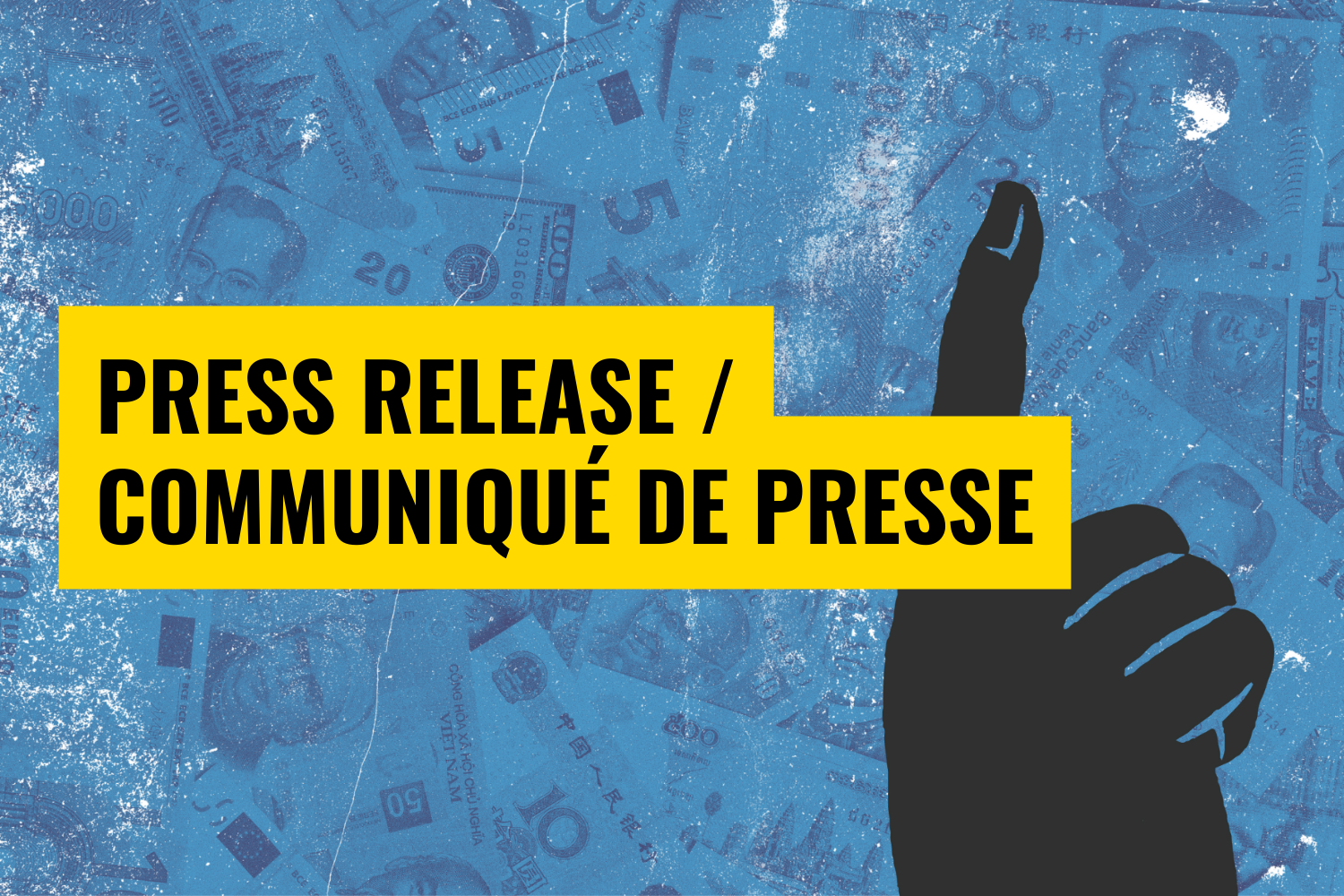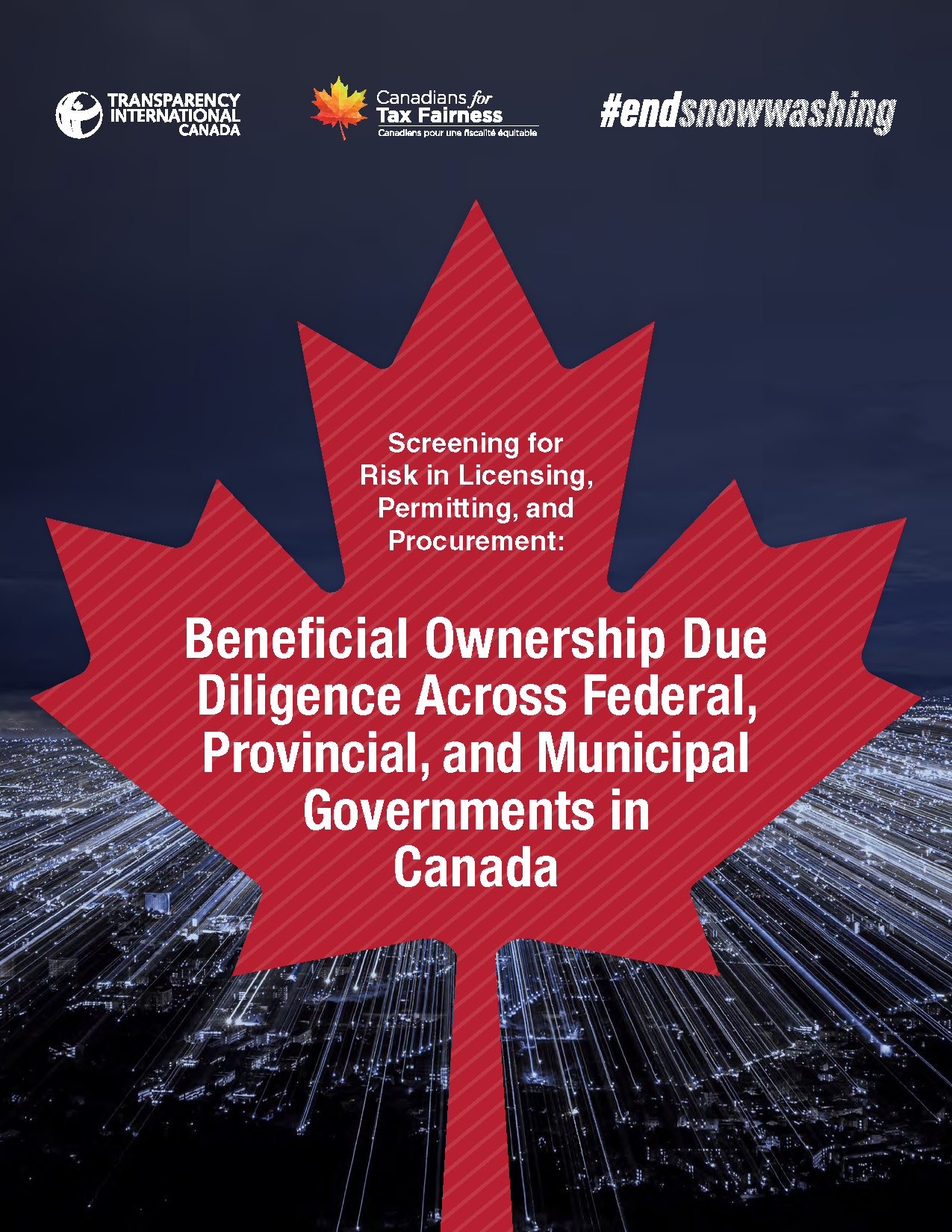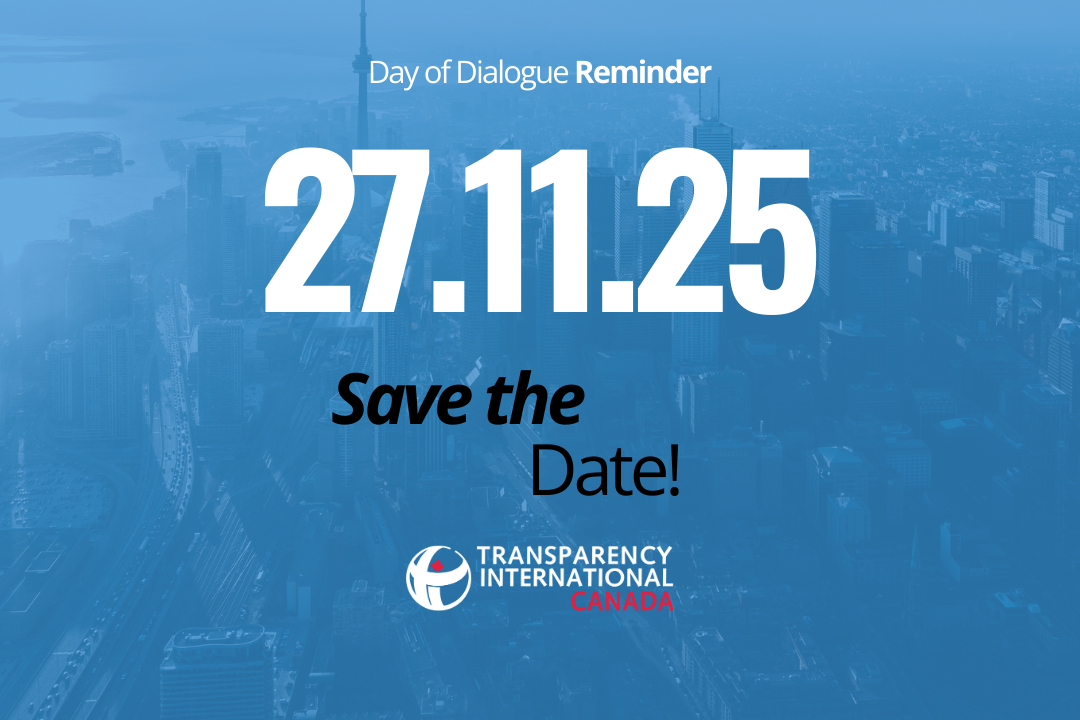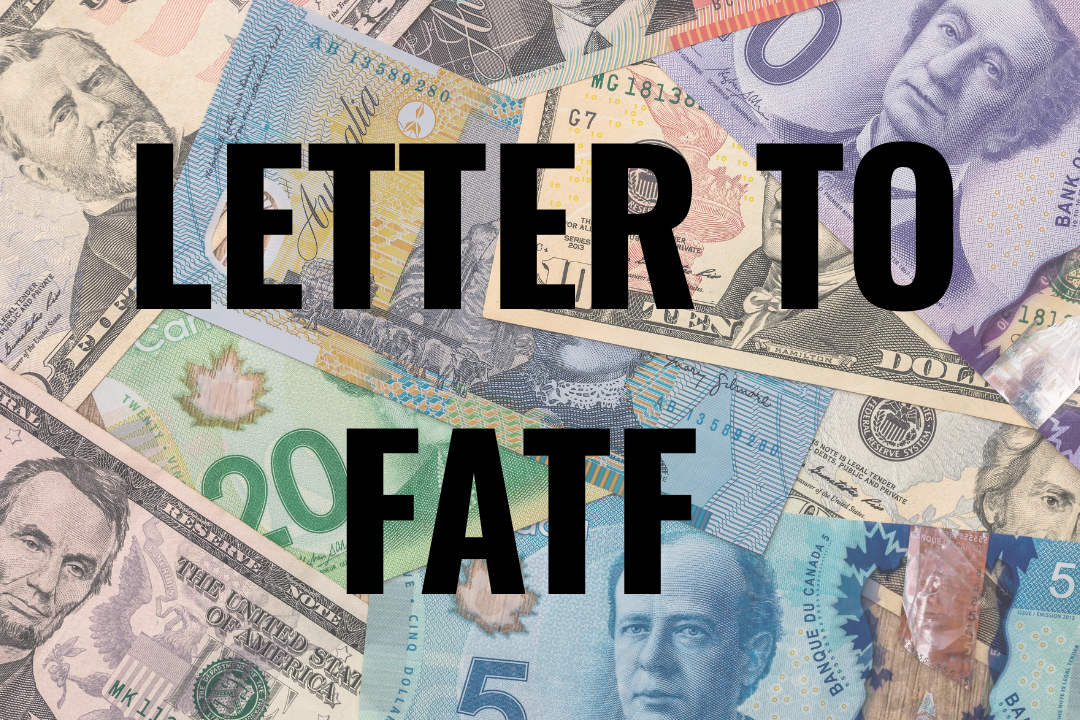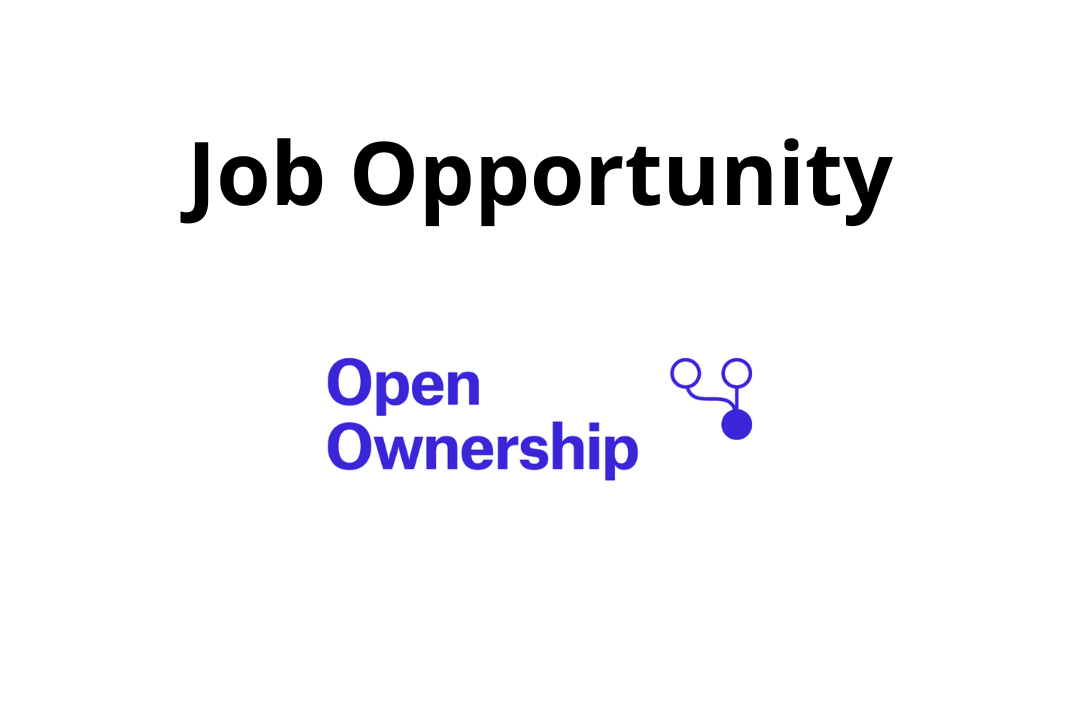News
Transparency International Canada welcomes accountability in Toronto hospital procurement fraud
Transparency International Canada (TI-Canada) takes note of sentences handed down on Wednesday in the case of two men found guilty of fraud in connection with the $300-million project to redevelop St. Michael’s Hospital in Toronto. Transparency International Canada (TI-Canada) prend note des peines prononcées mercredi dans l'affaire de deux hommes reconnus coupables de fraude dans le cadre du projet de 300 millions de dollars visant à réaménager l'hôpital St. Michael's de Toronto.
Canada hits all-time low on Corruption Perceptions Index / Le Canada atteint son plus bas classement historique dans l'Indice de perception de la corruption
Corruption is worsening globally, and Canada is not immune. Transparency International’s 2025 Corruption Perceptions Index (CPI), published today, places Canada 16th out of 182 countries ranked by their perceived levels of public sector corruption. La corruption s'aggrave à l'échelle mondiale, et le Canada n'est pas épargné. L'indice de perception de la corruption (IPC) 2025 de Transparency International, publié aujourd'hui, place le Canada au 16e rang sur 182 pays classés en fonction de leur niveau perçu de corruption dans le secteur public.
Transparency International Canada calls for an independent investigation into alleged corruption in Toronto Police Service
Transparency International Canada (TI-Canada) is deeply troubled by allegations of corruption within the Toronto Police Service and the arrest of seven police officers and one retired officer. Transparency International Canada (TI-Canada) est profondément préoccupée par les allégations de corruption au sein des services de police de Toronto et par l'arrestation de sept policiers et d'un policier à la retraite.
ISDA Webinar series on education and health
Transparency International Canada will co-host a two-part webinar series on education and health as part of its work under the Inclusive Service Delivery Africa project. The webinars build on the ISDA – Lessons from the Field conference held in Ottawa (October 23, 2025) and are designed to engage stakeholders in Canada and globally who were unable to attend in person.
TRANSPARENCY INTERNATIONAL CANADA APPOINTS NEW EXECUTIVE DIRECTOR
The Board of Directors of Transparency International Canada is pleased to announce the appointment of Salvator Cusimano as the organization’s new Executive Director. Transparency International Canada has been leading the anti-corruption movement in this country since 1996. It is one of over 100 chapters within the Berlin-based, global organization Transparency International.
Transparency International Canada Welcomes New Financial Crimes Agency, Urges Strong Mandate and Clear Role
Transparency International Canada (TI Canada), Canada’s leading anti-corruption organization, welcomed the federal government’s decision to proceed with a new Financial Crimes Agency, included in the November 4 budget.
NEW REPORT — PUBLIC PROCUREMENT AND SECRET COMPANIES!
In a new report, “Screening for Risk in Licensing, Permitting, and Procurement,” we examined Licensing, Permitting, and Procurement requirements across multiple jurisdictions in Canada. When we looked at over 100+ provincial and territorial RFPs, we found that just 59% required the full names of beneficial owners, and only 0.8% required partial birth dates!
Fighting the Corruption that Prevents Access to Public Services in Africa: Transparency International Canada hosts Conference on project funded by Global Affairs Canada
Transparency International Canada invites you to a conference unveiling the milestones achieved of a multi-year, multi-country initiative across five African countries, demonstrating how innovative, community-driven approaches are transforming public services to reduce corruption and become more transparent, inclusive, and accountable.
Helen Darbishire Fund
Transparency International Canada has been awarded the Helen Darbishire Fund for Civil Society by the Open Government Partnership (OGP). This recognition supports our ongoing efforts to advance transparency, accountability, and civic engagement in Canada. Stay tuned for upcoming initiatives supported by this fund.
Save the Date: Day of Dialogue 2025
Save the Date: Transparency International Canada’s Day of Dialogue returns on 27 November 2025 in Toronto and online. Featuring keynote Kathleen Roussel, the conference explores enforcement, AML reform, procurement, AI in compliance, and laundering risks in real estate and gaming.
Transparency International Canada Submission to FATF on Canada’s AML/ATF Regime
Transparency International Canada urged FATF to strengthen Canada’s AML/ATF regime, recommending stronger legislation, oversight, beneficial ownership transparency, and enhanced FINTRAC powers ahead of November 2025 evaluation.
Job opportunity: Open ownership
Open Ownership is hiring an experienced consultant to provide strategic leadership to a new task force working towards advancing interoperable beneficial ownership data systems across borders.

